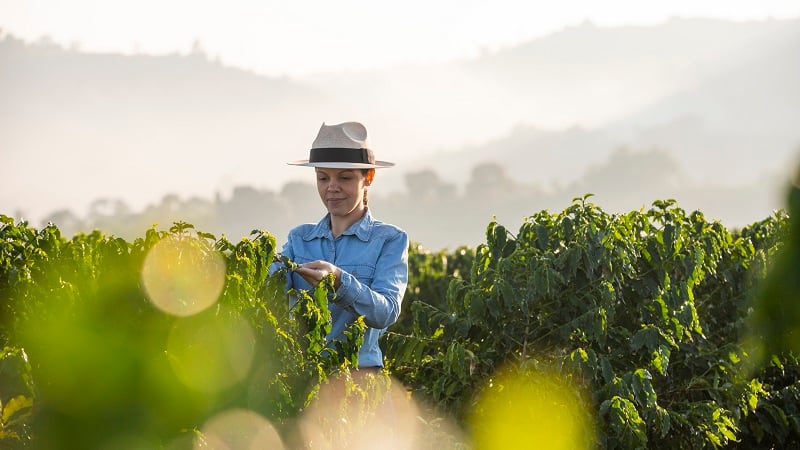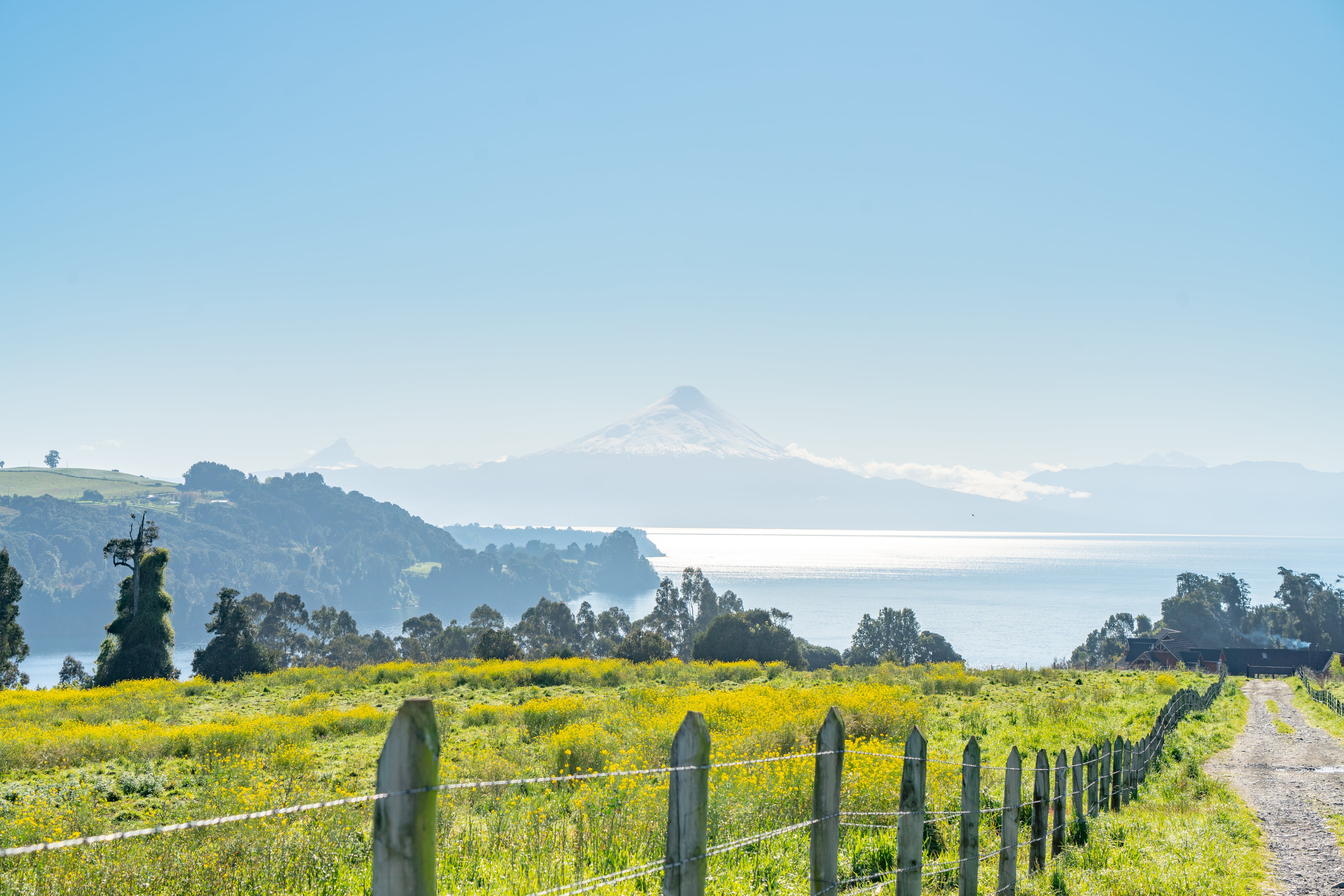Eatable Adventures is supporting innovative Latin American and Spanish founders in the agri-food tech space with the Raíces accelerator programme, which provides financial support and education for early-stage start-ups, José Luis Cabañero, founder and CEO of Eatable Adventures, told AgTechNavigator.
Eatable Adventures named the Raíces accelerator programme after the Spanish word for “roots” and sought start-ups from Spanish-speaking countries, aligned with accelerator’s larger mission to “foster the sustainable transition of the agri-food market,” Cabañero explained.
Spain’s Export and Investment agency, National Centre for Food Technology and Safety, the National Centre for Food Technology and Safety, Bimbo Ventures (the venture arm of Groupo Bimbo) and Alianza Team support the accelerator scheme.
“We chose the name [Raíces] because there is something common in all the entrepreneurs that we are supporting, and we will continue supporting in the coming years. We all share the same roots. We are all Spanish in origin. We share the language,” Cabañero elaborated.
From Biotech to Web3: The 5 companies selected for Raíces
Out of 175 applications — including 74% from LATAM and 22.4% from Spain — Eatable Adventures selected five companies to be a part of the inaugural Raíces programme, including:
- Nunatak: Argentinian Nunatak is creating microbiological bio-inputs to improve climate resilience and crop nutrition and yield by using extremophile microorganisms found in Antarctica.
- Sciphage: Colombian Sciphage is reducing the risk of Salmonella in poultry and aquaculture with phage-based antibacterial products, preventing the need for traditional antibiotics.
- The Food Chainers: Madrid-based Web3 start-up The Food Chainers is creating a platform for the commercialisation of intellectual property — including patents and formulations — built on the blockchain and non-fungible tokens (NFTS).
- Bee Technology: Chilean biotech company Bee Technology is using precision fermentation to eliminate bacteria, like Listeria, E. coli and S. aureus, from crops, meat, dairy and cosmetics.
- Koji: Colombian Koiju uses bioprocessing, data science and fermentation to find combinations of koji fungal strains in ingredients native to Latin America.
Each of the companies could receive up to a €1 million investment and will be enrolled in a 16-week acceleration programme, including two boot camps in Madrid. Eatable Adventures’ 50-person team — each with expertise and connections with the larger agri-food ecosystem — will help the companies to determine product-market fit and go-to-market strategy, Cabañero said.
“We work in a very specific way with each of the start-ups. So, we basically start analysing where they are, what they need [and] define a collaboration plan to put everything they need in place so that they can really start growing,” he elaborated.
Is LatAm primed for more investor attention?
Latin America is “capturing a tiny fraction of the global investment” in the agri-food space, though “agri-tech is very well developed” in the region, Cabañero noted.
Gain insight on Latin America agriculture at World Agri-Tech
The agriculture ecosystem will gather on June 24-25 for the 2025 World Agri-Tech South America Summit, taking place at the Hotel Unique in São Paulo, Brazil.
Leaders from across the Latin American agri-food supply chain, including Bayer, BASF, Cargill, Danone, Ingredion, Nestle, McCain Foods, PepsiCo and many others, will be in attendance to discuss creating a more sustainable and prosperous agriculture industry.
Learn more about the event and register today by visiting the event website here.
Latin America start-ups grossed $4.2 billion in funding last year, increasing 27% from the previous year, Crunchbase reported. However, US start-ups raised $209 billion in 2024 — the third highest total in 20 years — buoyed by AI hype, accounting firm KPMG stated.
Brazil’s agriculture sector remains robust and accounts for 8.4% of the country’s GDP and 40% of total exports, according to World Bank data. Additionally, “Argentina is one of the largest producers in grains and cereals on a global basis,” Cabañero noted.
Latin American agri-food tech founders are well positioned for success, given the university support for many and their proximity to farmland, which can be crucial for testing a new product in the field, Cabañero said.
“We have very strong education [and] very good universities and very well-educated founders on one side, and you also have the possibility to try and test your solutions in the ground,” he elaborated.





